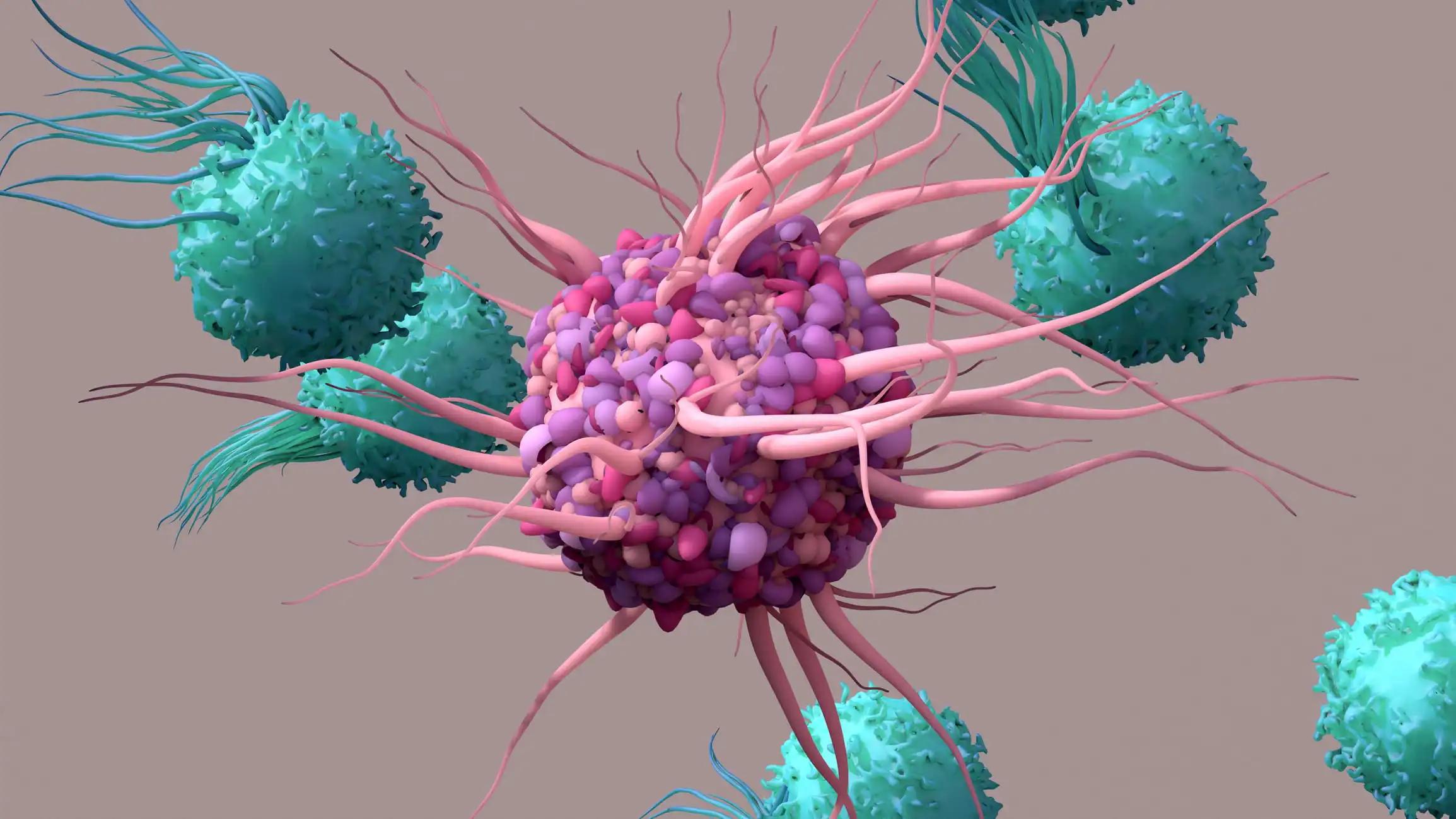KEY TAKEAWAYS
- The phase 3 study evaluated 2247 multiple myeloma (MM) patients from the TOURMALINE-MM1/-MM2/-MM3/-MM4 trials.
- The primary aim of the study was to assess the progression-free survival (PFS) benefit of ixazomib plus lenalidomide-dexamethasone (Rd) vs. placebo-Rd (TOURMALINE-MM1/-MM2) or ixazomib vs. placebo (TOURMALINE-MM3/-MM4) in specific high-risk cytogenetic abnormalities (CAs) in MM patients.
- The researchers pooled data from the TOURMALINE-MM1/-MM2/-MM3/-MM4 trials and conducted a retrospective analysis.
- The hazard ratio (HR) for PFS with ixazomib-based therapy for high-risk patients was 0.74, and for complementary standard-risk patients, it was 0.70.
- Ixazomib-based therapy demonstrated a PFS benefit regardless of cytogenetic status, with the greatest advantage seen in patients with t(4;14) and amp1q21 abnormalities.
Multiple myeloma (MM) is associated with some cytogenetic abnormalities (CAs) that can lead to a worse prognosis. However, patients with high-risk CAs may benefit from treatment with proteasome inhibitors. A total of 2247 MM patients were enrolled in the TOURMALINE-MM1/-MM2/-MM3/-MM4 trials to evaluate the PFS benefit of ixazomib-based therapy compared to placebo-based treatment in patients with high-risk CAs. The study compared ixazomib plus lenalidomide-dexamethasone (Rd) versus placebo-Rd (TOURMALINE-MM1/-MM2) or ixazomib versus placebo (TOURMALINE-MM3/-MM4) in these patients.
The trial data analysis revealed that ixazomib-based therapy had a significantly better PFS rate than placebo in high-risk and complementary standard-risk patients. The HR for PFS was 0.74 (95% confidence interval [CI]: 0.59-0.93; median PFS [mPFS] 17.8 vs. 13.2 months) for high-risk patients and 0.70 (95% CI: 0.62-0.80; mPFS 26.3 vs. 17.6 months) for complementary standard-risk patients, after a median follow-up of 25.6 months. The HR for PFS was 0.75 (95% CI: 0.64-0.87; mPFS 18.1 vs. 14.1 months) for expanded high-risk patients and 0.71 (95% CI: 0.59-0.85; mPFS 36.1 vs 21.4 months) for complementary standard-risk patients. Moreover, the HR for PFS with ixazomib-based therapy was 0.68 (95% CI: 0.48-0.96; mPFS 22.4 vs. 13.2 months) in patients with t(4;14), and 0.77 (95% CI: 0.63-0.93; mPFS 18.8 vs. 14.5 months) for patients with amp1q21.
The study showed that treatment with ixazomib provided a progression-free survival (PFS) advantage compared to placebo-based therapy, irrespective of the patient’s cytogenetic status. The greatest benefit was observed in patients with t(4;14) and amp1q21 abnormalities.
Source: https://pubmed.ncbi.nlm.nih.gov/36631458/
Clinical Trial: https://clinicaltrials.gov/ct2/show/NCT02312258/
Chng WJ, Lonial S, Morgan GJ, Iida S, Moreau P, Kumar SK, Twumasi-Ankrah P, Villarreal M, Dash AB, Vorog A, Zhang X, Suryanarayan K, Labotka R, Dimopoulos MA, Rajkumar SV. A pooled analysis of outcomes according to cytogenetic abnormalities in patients receiving ixazomib- vs. placebo-based therapy for multiple myeloma. Blood Cancer J. 2023 Jan 12;13(1):14. doi 10.1038/s41408-022-00768-5. PMID: 36631458; PMCID: PMC9834310.



